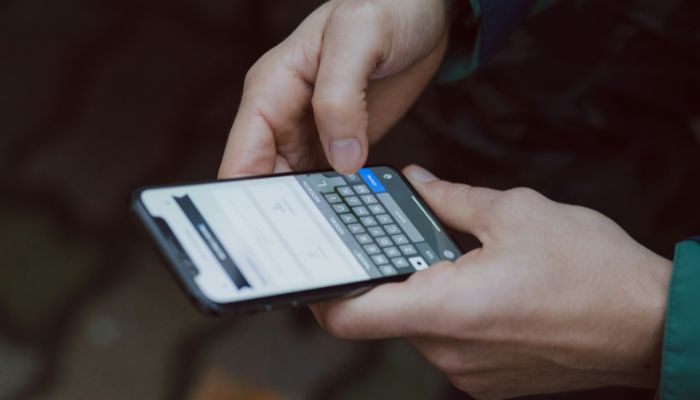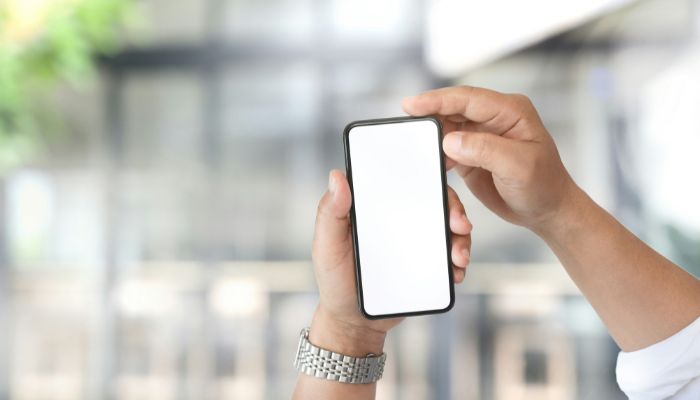
Tracking a stolen phone using its phone number involves engaging your service provider, who uses your IMEI number and real-time location data from cellular networks. Built-in features like Find My Device for Android or Find My iPhone for iOS can also help. Additionally, third-party apps offer enhanced tracking precision using GPS, Wi-Fi, and Verizon LTE data.
Legal measures, such as reporting to law enforcement, may be necessary to initiate tracking. Understanding the various methods and tools available can significantly improve your chances of recovering your device. Discover more effective strategies and insights to secure your stolen phone.
Understanding Mobile Phone Tracking
Understanding mobile phone tracking, including the Google Maps phone tracking feature, is a critical component in the recovery of stolen devices. Phone security has evolved significantly, thanks to technology advancements that offer various tracking options. Location tracking systems utilize GPS, Wi-Fi, and cellular networks to pinpoint the device’s position accurately. These systems are integral in swiftly locating lost or stolen phones.
One of the primary tracking options available is through built-in services offered by operating systems, enhanced by real-time phone number tracker technology, such as Apple’s Find My iPhone and Google’s Find My Device. These services enable users to locate their devices in real-time, erase data remotely, and even lock the phone to prevent unauthorized access.
However, the efficiency of location tracking raises significant privacy concerns. The same technology that helps recover a lost device can potentially be misused to invade an individual’s privacy. Therefore, it is crucial for users to be aware of and manage their location settings, ensuring that only trusted applications and services can access this sensitive information.
Importance of IMEI Numbers
The International Mobile Equipment Identity (IMEI) number plays a pivotal role in the security and recovery of mobile devices. This unique 15-digit code, assigned to every mobile phone, is essential for imei identification, enabling authorities and service providers to track and manage devices effectively.
When a phone is reported stolen, imei tracking becomes a critical tool in locating the device. By leveraging the IMEI number, law enforcement agencies and network operators can trace the phone’s activity across different networks and regions.
IMEI registration is a proactive measure that should be undertaken by all mobile phone users upon purchasing a new device. Registering the IMEI number with the respective service provider can expedite the recovery process in case of theft.
In circumstances where the phone cannot be retrieved, imei blocking ensures that the device is rendered useless to the thief. This is achieved by adding the stolen phone’s IMEI number to a global imei blacklist, preventing it from accessing cellular networks worldwide.
Utilizing Your Service Provider

Service providers play a crucial role in the recovery of stolen mobile phones. When you report your device as missing, provider assistance becomes essential. They can help track the device using the unique phone number and IMEI number. This method can provide location accuracy that can be vital in quickly recovering your phone.
However, involving your service provider often comes with data privacy considerations. While they can access location data, they must adhere to strict privacy guidelines to ensure your information is not misused. Additionally, there are legal implications to consider. Service providers typically require a police report before proceeding with any tracking activities to ensure that the request is legitimate and to comply with legal standards.
In emergency response situations, service providers may expedite the process, acting swiftly to provide real-time location data to law enforcement. This rapid response can be crucial in scenarios where immediate action is necessary.
Using GPS Tracking Apps
Many individuals turn to GPS tracking apps as a reliable solution for locating stolen phones. These apps offer real-time tracking, which enables users to monitor their device’s movements instantly. However, there are significant privacy concerns to consider. Ensuring the app respects user data and does not share location information without consent is paramount.
Location accuracy is another critical feature of GPS tracking apps. High precision is essential for pinpointing the exact whereabouts of a stolen phone. Advanced apps often leverage GPS, Wi-Fi, and cellular data to improve accuracy, increasing the chances of successful recovery.
Battery usage is an important consideration when using GPS tracking apps. Continuous real-time tracking can drain a phone’s battery quickly, potentially rendering the device inoperable before it can be located. Opting for an app that balances tracking capabilities with efficient battery usage is crucial.
Exploring Third-Party Tracking Services
Although GPS tracking apps are a popular choice, exploring third-party tracking services presents an alternative avenue for locating stolen phones. These services can offer enhanced tracking accuracy by utilizing multiple data points, including cell tower triangulation and Wi-Fi signals, to provide a precise location.
When considering third-party tracking services, data privacy is a paramount concern. Reputable providers ensure that personal information is securely encrypted and only accessible to authorized users. Always review the privacy policies and data handling practices before opting for a service.
Cost effectiveness is another critical factor. While some third-party tracking services may require a subscription fee, the investment can be justified by the advanced features and reliability they offer. Compare different services to find one that balances cost with the necessary functionalities.
A user-friendly interface is essential for quickly navigating the tracking process, especially in stressful situations. Services that offer intuitive dashboards and easy-to-understand instructions can significantly enhance the user experience.
Law Enforcement and Phone Tracking

Engaging law enforcement is a critical step in the process of tracking a stolen phone. When a phone is reported stolen, police cooperation becomes essential in navigating the complex legal landscape. Law enforcement agencies have the authority to request information from mobile carriers, but such requests often necessitate search warrants. These warrants are crucial to ensure that the retrieval of location data adheres to legal implications and respects the privacy concerns of individuals.
Jurisdictional issues can also arise, particularly if the stolen phone has crossed state or international borders. Different regions have varying laws and procedures regarding phone tracking, which can complicate the recovery process. It is vital to understand these jurisdictional complexities to streamline cooperation between multiple law enforcement agencies.
Privacy concerns are paramount; hence, law enforcement must balance the need to recover stolen property with safeguarding citizens’ rights. Officers must follow strict protocols to avoid unauthorized access to personal data. By adhering to legal frameworks and ensuring proper police cooperation, law enforcement can effectively use phone tracking to locate stolen devices while respecting legal and ethical boundaries.
Preventive Measures for Phone Theft

Securing your phone against theft begins with adopting several preventive measures.
First, always activate a strong lock screen. Utilize biometric options like fingerprints or facial recognition, or a robust password to deter unauthorized access. Regularly backup data to cloud services or external drives to ensure that your valuable information remains accessible even if your device is compromised.
Next, install security applications that offer features such as remote tracking, wiping, and locking. These applications provide an additional layer of protection by allowing you to manage your phone’s security remotely.
Moreover, ensure that your phone’s firmware and applications are up-to-date to protect against vulnerabilities exploited by malicious entities.
It is crucial to stay vigilant, particularly in crowded or unfamiliar settings. Be conscious of your surroundings and avoid displaying your phone prominently in public. In cases where your phone is stolen, promptly notify authorities. Timely reporting increases the likelihood of recovery and aids in curbing theft incidents.
Conclusion
The process of tracking a stolen phone involves multiple strategies, including understanding mobile phone tracking, leveraging IMEI numbers, utilizing service provider assistance, and employing GPS tracking apps. Third-party tracking services and law enforcement can also play significant roles.
Implementing preventive measures can mitigate the risk of phone theft. By integrating these methods, the likelihood of recovering a stolen phone increases, thereby enhancing the security and reliability of mobile devices.
FAQs
Can you track a stolen phone with just the phone number?
Yes, but it’s limited. You can’t directly track a phone with just the number. However, your carrier can use it to locate the phone through their network. Apps and services often need more than just a number, like account login details.
What are the limitations of phone number tracking?
Phone number tracking is not always precise. It’s mainly useful for broad location data, not exact spots. It also depends on whether the phone is turned on and connected to a network.
How accurate are phone tracking apps?
Phone tracking apps can be quite accurate, but they rely on the phone’s GPS and internet connection. If the phone is in an area with poor signal or GPS coverage, the location might not be exact.